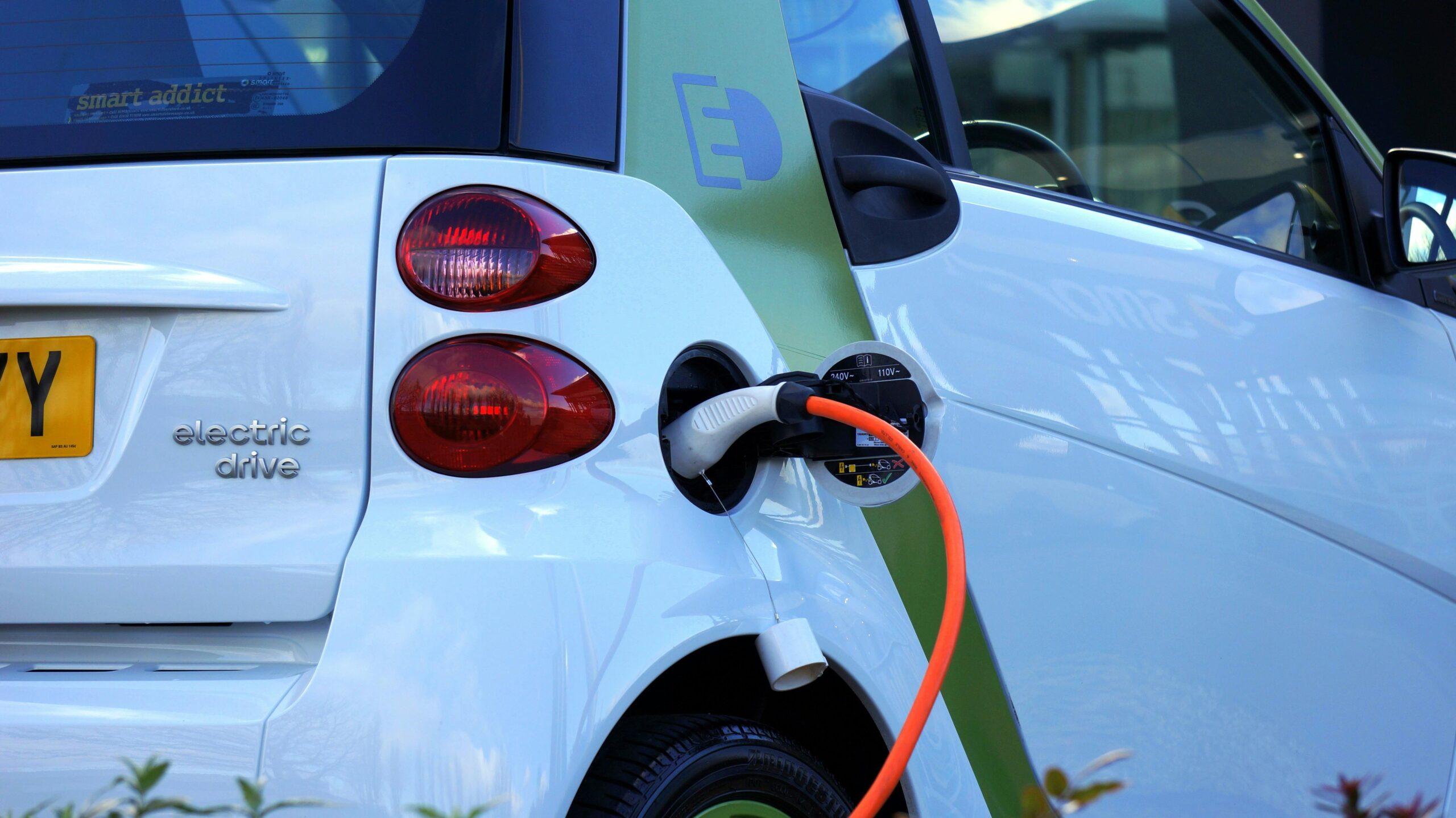So sorry, planet Earth, but we Americans are really not all that interested in Electric Vehicles

We Americans, it seems, are out of step when it comes to electric vehicles. Yes, while sales growth soars in China, Europe and other places, the pace has slowed considerably in the U.S., leading to EVs stagnating on dealer lots and Tesla, for example, reporting last month that its quarterly revenue fell for the first time since 2020 (when Covid was at its height).
READ MORE ABOUT EVS: Does The Government Really Want Us To Buy These Electric Vehicles?
READ MORE ABOUT EVS: As China’s Electric Vehicle Dominance Grows, U.S. Political Obstacles Loom Large
And now we find out, courtesy of a J.D. Power survey, that it could get worse, with the research showing that potential consumers saying they are “very likely” to consider an EV down from 26% a year ago to 24% now. In addition, the percentage of shoppers who say they are “overall likely” to consider purchasing an EV decreased to 58% from 61% last year.
So what is spooking them? Well, the aforementioned Tesla hasn’t helped matters by earlier this month laying off nearly all of its Supercharger unit, which was plowing ahead with its charging network, something that automakers such as General Motors, Ford, Kia, Polestar, Stellantis, Honda and others had signed up to access. CEO Elon Musk later backtracked somewhat and began hiring some employees back and pledged to continue investment in the network, but the flip-flopping no doubt did nothing to calm many consumers’ range anxiety, something that is more marked in the U.S. due its long distances and the popularity of road trips.
Certainly, charging was top-of-mind in those surveyed, with 52% of those saying they are “somewhat unlikely” or “very unlikely” to consider an EV, pointing to a “lack of charging station availability” as a reason for rejection, a response up 3% from a year ago.
Also giving consumers pause is the relatively high prices of EVs and poor knowledge of the tax credits available on vehicles that contain enough domestically made content. “As understanding of EV incentives rises, so does the likelihood of consideration. However, approximately 40% of shoppers say they do not have a solid understanding of such incentives,” said Stewart Stropp, J.D. Power’s executive director of EV intelligence.
And it’s not just old fogeys turning their noses up at electric vehicles – the company also found diminishing enthusiasm among younger buyers. “The lack of affordable EV models is affecting the two youngest buyer cohorts, Gen Z and Gen Y, with ‘very likely’ consideration down 2 and 5 percentage points year over year, respectively,” J.D. Power said.
People to planet: We’re sorry, but not that sorry.
More from ClimateCrisis 247
- Get used to a new word: ‘Bombogenesis,’ a Climate-Fueled weather threat on both coasts
- He’s Hot to trot: Howard Lutnick and the battle for Trump’s climate agenda
- after the storms comes the reckoning: Home Insurance Rates Surge in Florida, Elsewhere
- A Cruel COP-out: Climate Disaster Looms As Rich Nations Give Up Poor Neighbors






